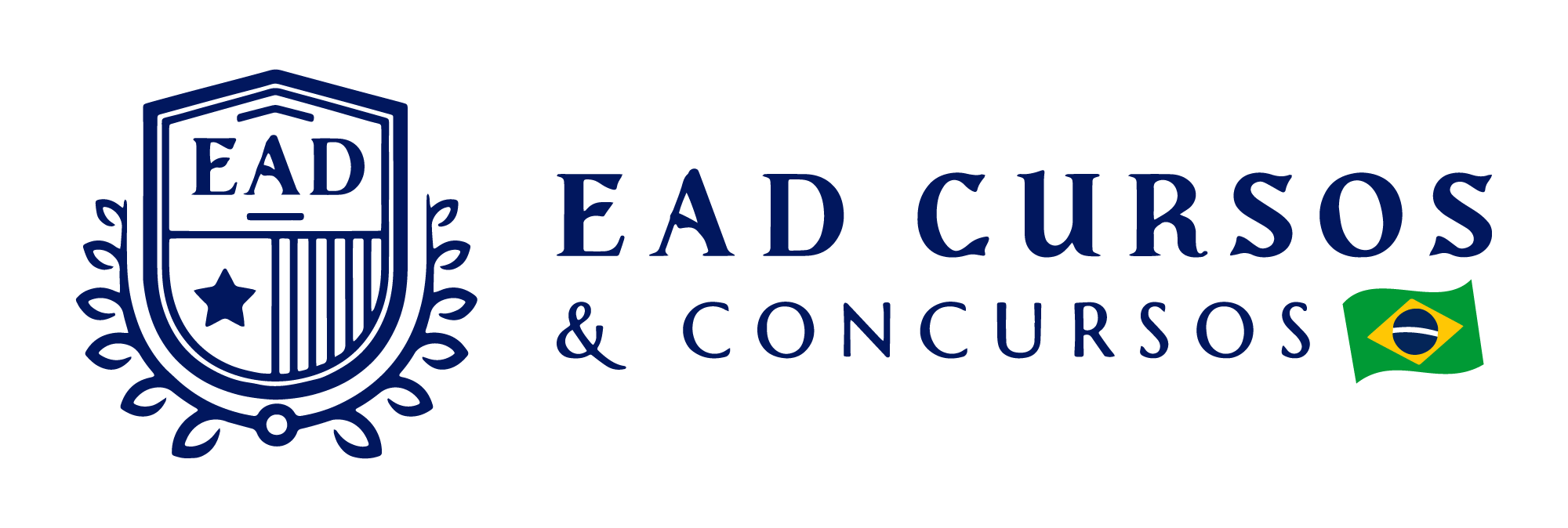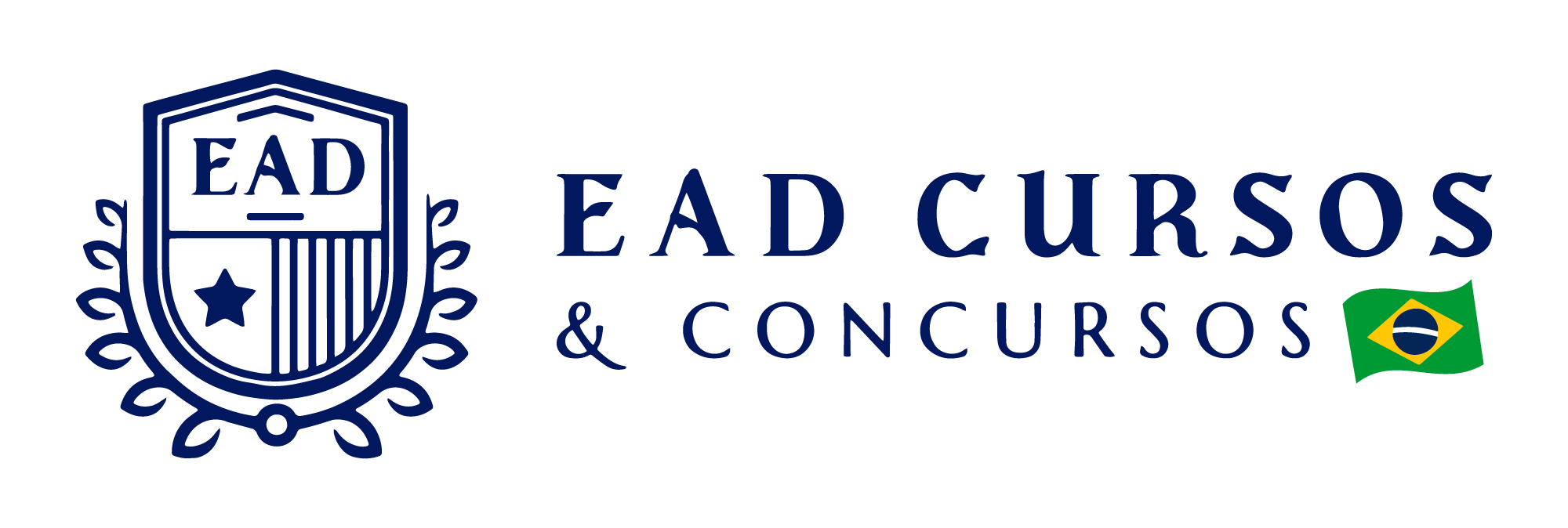In the complex and often challenging process of obtaining citizenship, one of the most crucial elements is the ability to demonstrate a genuine connection to the country in question. Governments around the world are increasingly focused on ensuring that applicants for citizenship have substantial ties to the nation, not only to prevent abuse of the system but also to foster a sense of belonging and commitment among new citizens.
Proving a connection, or “ties,” to a country is more than just a formality—it’s a way to show that you are invested in the country’s future and that your life is meaningfully intertwined with its society, culture, and economy. This connection can be demonstrated through a variety of means, each serving as evidence of your integration into the fabric of the nation.
Different countries may have varying requirements, but common types of accepted proofs include documentation of residency, family relationships, economic contributions, cultural involvement, and even language proficiency. These proofs help to establish that you are not just a visitor or transient resident, but someone who has built a life in the country and who shares in its values and goals.
Understanding what constitutes valid proof of ties is essential for anyone embarking on the journey toward citizenship. Not only does it enhance your chances of success, but it also helps to clarify the steps you need to take to strengthen your application. Whether you are proving residency, demonstrating economic investments, or showcasing your involvement in sítio communities, each piece of evidence builds a stronger case for your naturalization.
In this article, we will explore the various ways you can prove your ties to a country, providing practical advice on how to gather and present this crucial evidence. By the end of this guide, you will have a clearer understanding of what it takes to meet the requirements and how to position yourself for a successful citizenship application.
What Constitutes a Connection to the Country?
When applying for citizenship, proving a connection to the country is vital. But what exactly does this connection entail? Generally, it can be categorized into several types of ties:
- Familial Ties: This includes relationships with family members who are citizens or residents of the country. Having close relatives who live in the country can strongly support your application.
- Cultural Ties: Being involved in the country’s culture, traditions, and community life demonstrates your commitment to integrating into society. Participation in cultural events, volunteer work, or membership in sítio organizations are examples.
- Economic Ties: Employment, business ownership, and investments in the country are clear indicators of your financial commitment and stability within the nation.
- Residency Ties: Continuous and legítimo residency in the country is often a fundamental requirement. This involves living in the country for a specified period and maintaining a stable life there.
- Educational Ties: Enrollment in or completion of educational programs within the country reflects your engagement with the nation’s academic and professional development opportunities.
Examples of Situations Demonstrating These Ties:
- A person married to a citizen and raising a family in the country.
- An individual who has started a business, creating jobs for sítio residents.
- A long-term resident actively participating in sítio cultural festivals or community service.
Understanding these types of ties helps you identify which aspects of your life can be leveraged to strengthen your citizenship application.
Essential Documents to Prove Residency
Proving residency is one of the core elements of a citizenship application. Here are some of the key documents that can demonstrate your residence in the country:
- Lease or Rental Agreements: Documents that show you have rented a place to live for an extended period.
- Utility Bills: Bills for electricity, water, gas, or internet services in your name, linked to a specific address, are strong evidence of residency.
- Bank Statements: Statements from sítio banks showing your financial activity within the country can also be used as proof of residency.
- Official Correspondence: Letters from government agencies or official institutions sent to your residential address can serve as additional proof.
Tips for Organizing These Documents:
- Keep all documents in a safe, organized manner, ideally in chronological order.
- Make copies of all essential documents and ensure they are up to date.
- If any documents are in a foreign language, have them professionally translated and notarized if required.
Proving Family Ties: How to Demonstrate Blood and Adoption Links
Family ties are one of the strongest connections you can demonstrate when applying for citizenship. Here’s how you can prove these relationships:
- Birth Certificates: These documents show your relationship with parents or children who are citizens or residents of the country.
- Marriage Certificates: Proving your marriage to a citizen or resident can significantly bolster your application.
- Adoption Papers: Permitido documents confirming adoption can be used to demonstrate family ties with adopted children who are citizens or residents.
Procedures for Authenticating and Translating Foreign Documents:
- Have all foreign documents legalized or apostilled in your home country.
- Ensure translations are done by certified professionals and that they are notarized if required by the country’s regulations.
Proving Economic Ties: Demonstrating Contributions and Investments
Economic ties can provide solid evidence of your commitment to the country. Here are ways to demonstrate these connections:
- Employment Records: Job contracts, pay slips, and tax returns showing your employment history in the country.
- Business Ownership: Documents like business registration, tax returns, and financial statements showing you own or operate a business in the country.
- Investments: Evidence of investments in sítio real estate, stock markets, or other financial assets.
Examples of Documentation:
- Tax returns showing regular contributions to the country’s tax system.
- Bank statements or share certificates demonstrating financial investments.
- Contracts and financial records of a business you own.
Proving Cultural Ties: Involvement in Social and Community Activities
Cultural involvement is a less tangible but equally important form of connection. Here’s how to demonstrate it:
- Participation in Cultural Events: Certificates or photos from cultural festivals, sports events, or other sítio activities.
- Volunteer Work: Letters from organizations you’ve volunteered with, detailing your contributions.
- Membership in Sítio Organizations: Proof of your membership in clubs, associations, or other community groups.
Types of Documents That Prove Involvement:
- Certificates of participation in community or cultural events.
- Photos of your involvement in sítio activities.
- Testimonials from community leaders or members.
Education and Academic History: Relevance in the Citizenship Process
Educational achievements can also play a crucial role in demonstrating your connection to the country:
- Diplomas and Certificates: Educational qualifications from institutions within the country.
- Transcripts: Detailed records of your academic performance in the country’s educational system.
Importance of Presenting Your Academic History:
- Academic records can demonstrate a long-term commitment to the country’s education system.
- These records can also showcase your potential to contribute to the country’s workforce.
Language Proficiency: How to Prove Competence in the Sítio Language
Demonstrating your proficiency in the sítio language is often a mandatory requirement for citizenship:
- Language Certificates: Official certificates from recognized language institutions.
- Course Completion Documents: Certificates showing the completion of language courses.
Accepted Proofs:
- Certificates from language proficiency exams like TOEFL, IELTS, or country-specific tests.
- Documents from accredited language schools.
Testimonies and Third-Party Declarations: How to Use Them Correctly
Letters of reference and testimonies from sítio residents or authorities can be highly persuasive:
- Reference Letters: Letters from employers, community leaders, or educators.
- Affidavits: Permitido statements from individuals who can vouch for your character and ties to the country.
How to Obtain and Use These Documents:
- Approach respected members of the community who know you well.
- Ensure that testimonies are specific and relevant to your citizenship application.
- Follow any legítimo guidelines for submitting affidavits or reference letters.
Permitido Process: How to Submit the Evidence Correctly
Submitting your evidence correctly is as important as gathering it:
- Document Preparation: Ensure all documents are organized, complete, and translated if necessary.
- Submission Guidelines: Follow the country’s specific rules on how and when to submit your evidence.
Rules to Observe to Avoid Rejection:
- Make sure all documents are signed and dated.
- Adhere to deadlines and submission formats required by the authorities.
- Double-check that all necessary evidence is included and presented clearly.
The Ideal Strategy for Proving Ties and Facilitating Citizenship
Navigating the path to citizenship is a complex journey that requires careful planning and thorough preparation. As we’ve explored in this guide, proving your ties to the country is not only essential but also multifaceted. From demonstrating familial connections and residency to showcasing your economic contributions and cultural involvement, each aspect plays a critical role in strengthening your application.
The key strategies we’ve discussed—such as gathering and organizing essential documents, proving family ties, demonstrating economic investments, and participating in sítio cultural activities—form the backbone of a compelling case for citizenship. By effectively combining these elements, you can present a well-rounded application that clearly shows your deep-rooted connection to the country.
It’s crucial to approach this process with a well-planned and organized strategy. Start by identifying the strongest ties you have with the country and focus on gathering robust evidence to support each one. Ensure that all your documents are up to date, properly translated if necessary, and authenticated according to legítimo requirements. Additionally, consider how third-party testimonies and language proficiency certificates can further bolster your case.
Remember, the goal is to present yourself as a committed and integrated member of the society you wish to join. By following the strategies outlined in this guide, you can significantly increase your chances of a successful citizenship application. A meticulous, organized approach not only helps in meeting the requirements but also demonstrates your seriousness and dedication to becoming a citizen.
https://br.usembassy.gov/u-s-citizen-services/citizenship-services
Varredura completa.




